In order to face volatility, uncertainty, complexity and ambiguity (VUCA) and the challenges of the 21st century and beyond, students should be empowered not only with relevant knowledge and skills, but also the ability to comprehend and appreciate multiculturalism that promotes understanding, empathy, compassion and effective communication.
Multiculturalism champions group parity and appreciation of differing cultural norms and values, rather than avoidance or mere tolerance. It is a concept that the National Institute of Education (NIE) Asian Languages and Cultures (ALC) Academic Group had hoped to infuse into its courses since 2017, with the help of a team of lecturers teaching literature in Chinese, Malay and Tamil. The objective was to inculcate multicultural understanding as a vital aspect of self, knowledge and values consciousness development among ALC and other student teachers.
To assess the feasibility of promoting multiculturalism through literature as an elective course, the ALC team comprising Dr Sa’eda Buang (team leader), Associate Professor Seetha Lakshmi, Dr Zhang Aidong and Dr Kartini Anwar conducted a three-month pilot study in 2018. The study involved a total of 38 Chinese, Tamil and Malay student teachers from separate literature courses, who were required to read a specially drafted syllabus, attend common lectures, respond to group tasks and complete a survey at the end of the process.
Examining “Cinderella” from multicultural perspectives
The popular folklore “Cinderella” was adopted as the reference point for the pilot study, given that it had a parallel version in Chinese, Indian and Malay literature. (See illustration below).
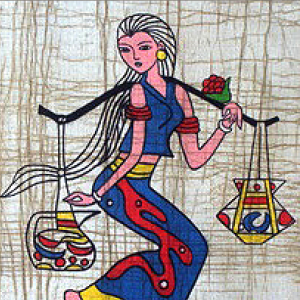
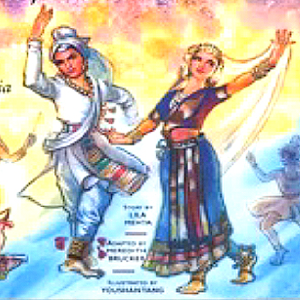
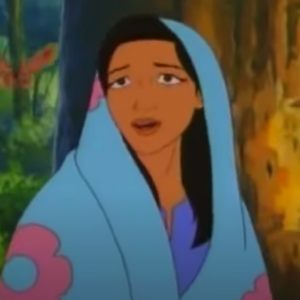
The 38 student teachers approached the study of “Cinderella” across three Cognitive-Emotive levels: From knowing and understanding, to appreciating, as well as application.
After attending the lectures and tutorials together for two months, the student teachers were divided into groups of five with a mixture of Tamil, Malay and Chinese specialisation. They were tasked to make a presentation based on the following question: “As a primary school teacher, what cultural aspects/values of the “Cinderella” story in Chinese/Malay/Tamil would you wish to highlight to your students? Please justify and specify the method(s) in the application.”
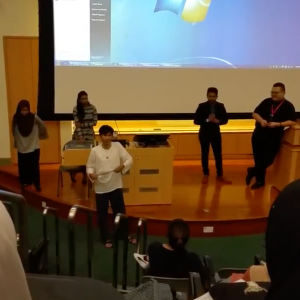
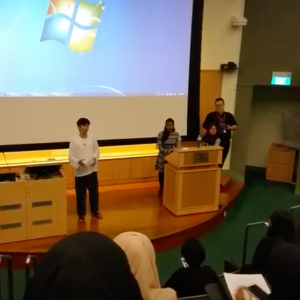
To capture the student teachers’ feedback about their multiculturalism course experience, a survey comprising Likert-scale and open-ended questions was administered. Findings showed that 33 or 89.1% of the students teachers agreed or strongly agreed with the statement that “Multiculturalism is a necessary component in Mother Tongue literature.” The following rationales were cited:
- I benefitted from understanding the multiculturalism component in literature.
- It is a fun and engaging way to learn.
- I got to see the different moral and cultural believes in the “Cinderella” story.
- I gained awareness and knowledge that could help me encourage inclusivity in the community.
- I learned more from my peers from different cultures. It is new to me that the concept of modernity today is almost homogenous, when it was different in the past.
- I gained insights and learned how to appreciate other cultures and beliefs while working with others.
Additionally, it was found that 34 or 92% of the student teachers strongly supported the statement that “It is necessary to have participants of different cultures or communities in multiculturalism courses.” The reasons cited by the respondents included:
- We can learn to embrace our differences.
- We are going to be teachers. If we are not able to participate in different cultures or communities, how are we going to be good role models to our students?
- Singapore is a multiracial society and hence it is definitely necessary for different races to be part of the same group so that we learn to appreciate each other’s differences.
Putting multiculturalism to practice
Based on the positive responses given by the student teachers, Dr Sa’eda drafted a proposal for promoting multiculturalism through literature as an elective course, with the “Cinderella” component being the highlight of the course. Tamil, Malay and Chinese literature lecturers from ALC contributed valuable inputs and supported the process.
The elective course will be offered in 2022 to all National Institute of Education (NIE) and Nanyang Technological University (NTU) students. It would certainly be a reflection of ALC’s aspiration to promote its belief in multiculturalism for education and humanity.



